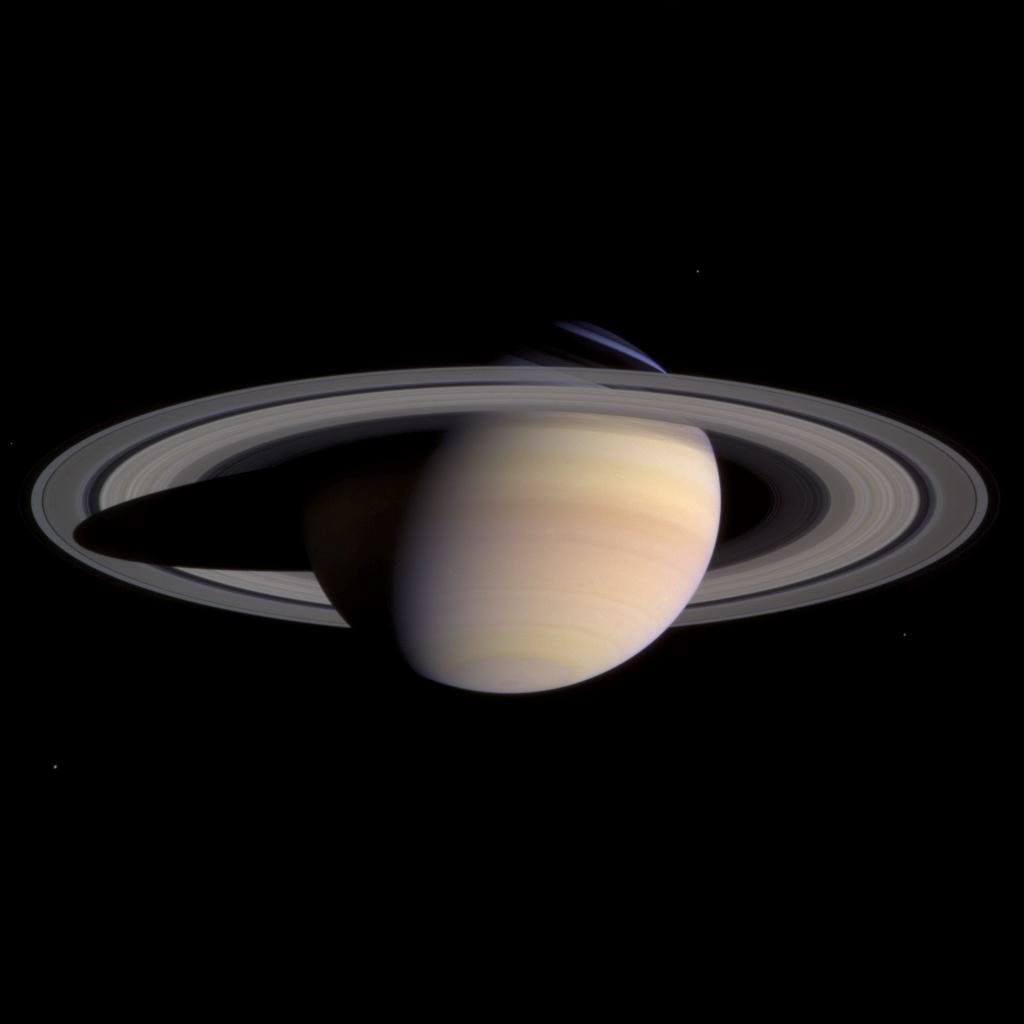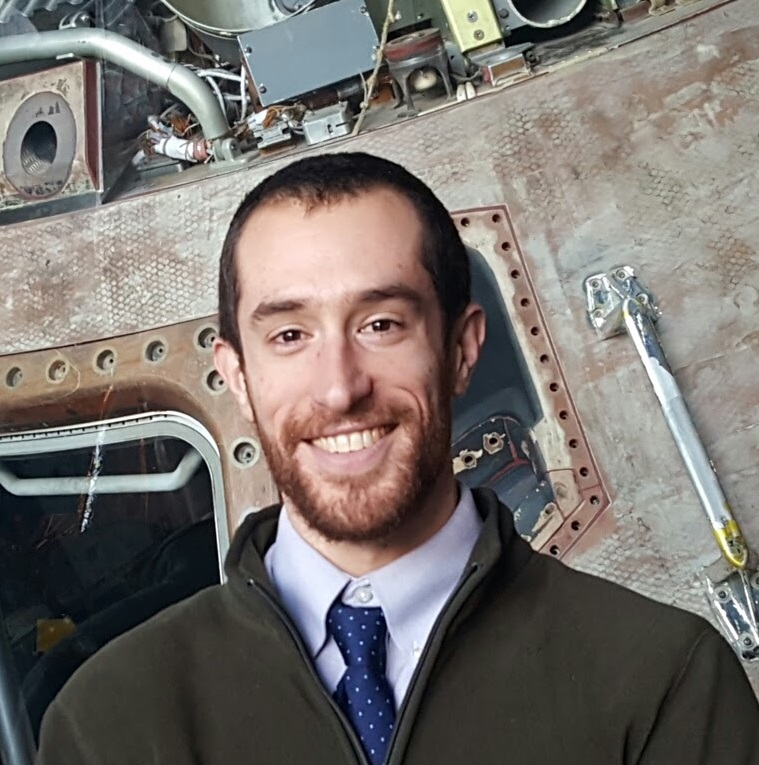Samuel Wald
Massachusetts Institute of Technology
This research will develop tools and methods to generate, simulate, and evaluate evolvable habitation architectures for long-duration space exploration during early-phase concept development. Future human space exploration requires critical, complex habitation systems to maintain crew performance and wellbeing. As we extend our reach into the solar system, these habitats must provide additional capability within the constraints of the space environment, limited budgets, and launch and lander capacity among others. The augmentation and modification, or evolution, of the habitation functionality over time is made possible through the strategic architecting of evolvable systems. In particular, this research will investigate habitat class, modularity, and reusability as high-level driving parameters of evolvable architectures. Habitat models will be created such that engineers can simulate system behavior not only within a timescale of a single mission of days or months, but over multi-mission campaigns of years or decades. The models will be used to objectively generate and evaluate system architectures within a multi-disciplinary design optimization framework. This will significantly reduce the person-hours of engineers and architects needed for early-phase concept trade studies. The methodologies and associated tools developed are necessary components in a larger fully integrated, dynamic habitat modeling capability for human exploration habitation systems with the ability to address uncertainties regarding campaign element phasing, technology transition, and inter-element dependencies. The products of this research can be applied to, and have broad implications for, sustainable development of new terrestrial and Earth-independent permanent settlement.
























